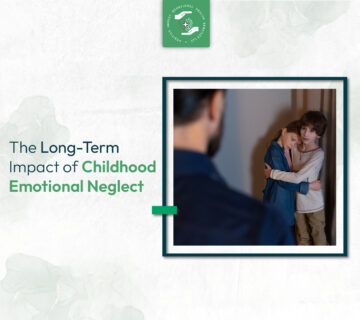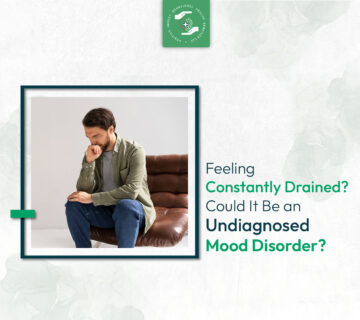In those moments when the world seems unbearably heavy, and the shadows of the past darken the present, the path to healing may begin with a single step: understanding trauma counseling.
Understanding Trauma
Trauma is a wound of the mind, often invisible yet profoundly impactful, resulting from experiences that overwhelm an individual’s ability to cope. Trauma counseling, then, is a specialized form of therapy designed to address the complex aftermath of such experiences, guiding individuals through the process of healing.
There are multiple types of trauma, including acute, chronic, and complex. Acute trauma results from a single distressing event, while chronic trauma is repeated and prolonged such as domestic violence or long-term illness. Complex trauma results from exposure to varied and cumulative traumatic events. Understanding these distinctions is crucial in trauma counseling, as it tailors the approach to the individual’s needs.
The Principles of Trauma Counseling
Trauma counseling is built on several core principles, emphasizing safety, trustworthiness, choice, collaboration, and empowerment. These principles ensure a supportive and respectful environment, where individuals can explore their experiences without judgment.
An important aspect of trauma counseling is the recognition of the widespread impact of trauma on an individual’s life, including their psychological, physical, and social well-being. Counselors work to understand and mitigate these impacts, facilitating a holistic approach to recovery.
Who Can Benefit from Trauma Counseling?
Trauma counseling can benefit anyone who has experienced trauma, regardless of its nature or when it occurred. This includes survivors of abuse, natural disasters, accidents, and any other events that have left a lasting emotional impact.
Common Techniques Used in Trauma Counseling
Counselors employ a variety of techniques to address trauma, including Cognitive Behavioral Therapy (CBT), Eye Movement Desensitization and Reprocessing (EMDR), and somatic experiencing. These methodologies are chosen based on the individual’s specific needs and the nature of their trauma.
CBT helps individuals reframe negative thought patterns associated with their trauma, while EMDR focuses on desensitizing the pain of traumatic memories through guided eye movements. Somatic experiencing encourages mindfulness of bodily sensations, aiding in the release of pent-up trauma.
The Role of a Trauma Counselor
A trauma counselor acts as a guide and support, creating a safe space for individuals to confront and work through their traumatic experiences. They are trained to listen without judgment, offering empathy and understanding while empowering the individual to reclaim control over their life.
Finding the Right Trauma Counselor
Finding a trauma counselor who is a good fit is crucial to the healing process. Ideal traits include specialized training in trauma therapy, compassion, patience, and the ability to create a therapeutic relationship based on trust and respect.
Many find it helpful to interview potential counselors to ensure they feel comfortable and safe. It’s important that the counselor’s approach aligns with the individual’s healing journey goals.
What to Expect in a Trauma Counseling Session
In trauma counseling sessions, expect a mix of talking, listening, and sometimes specific therapeutic exercises. Initially, much focus is placed on building a safe and trusting relationship. Over time, sessions may delve into difficult memories, always at a pace that feels manageable.
The Outcome of Trauma Counseling
While the journey through trauma is uniquely personal, many find that trauma counseling brings about profound changes. These can include a better understanding of oneself, improved coping mechanisms, reduced symptoms of PTSD, and a renewed sense of hope and empowerment.
Embarking on a Healing Journey
As we close this exploration of trauma counseling, it’s vital to recognize that healing is not a linear journey. Each step forward in trauma counseling can illuminate the path to a more resilient and balanced life. Remember, seeking help is a sign of strength, and through trauma counseling, individuals can embark on a transformative journey towards recovery and hope.






No comment